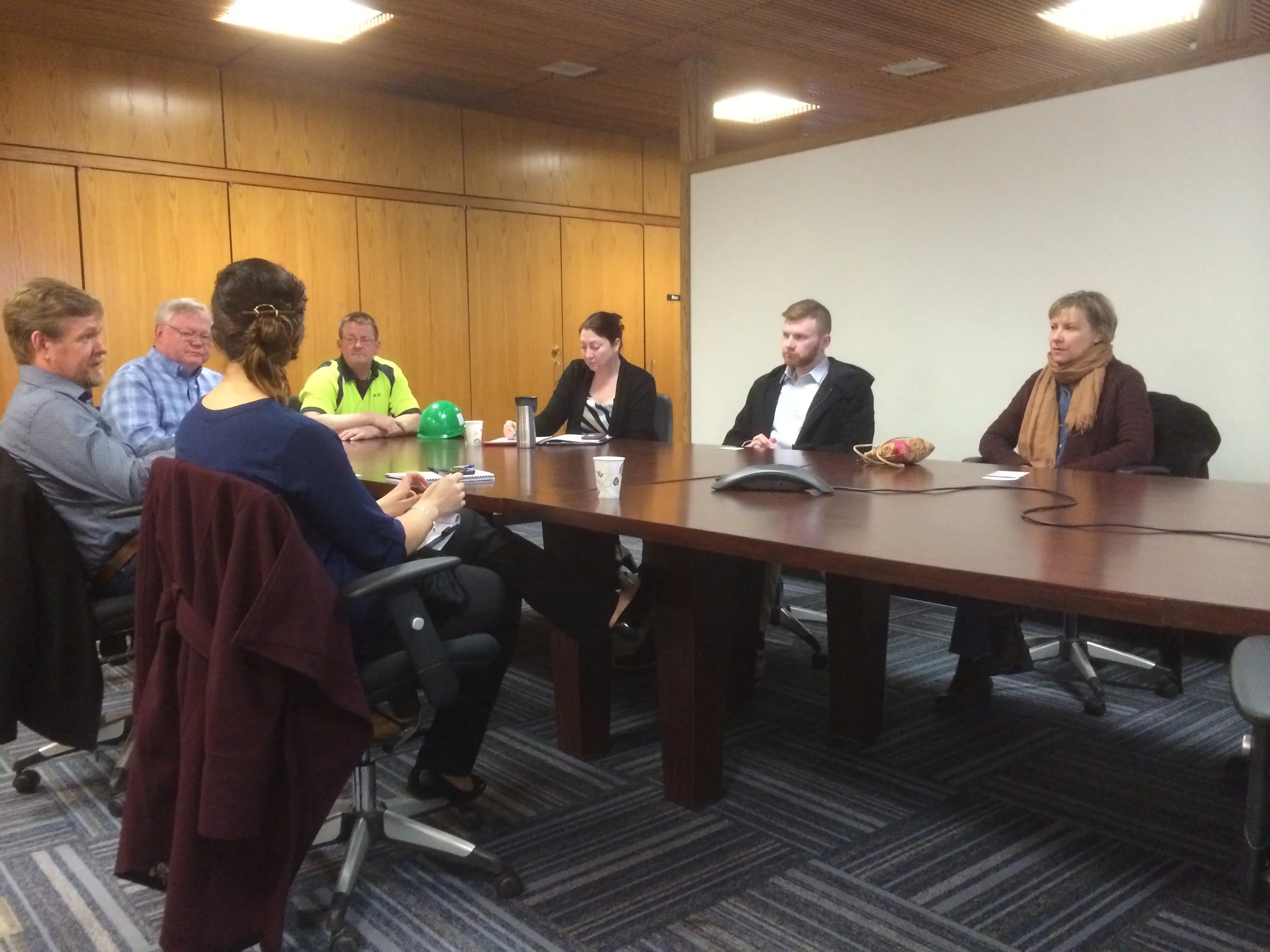Liz Resek, credited by many with reinvigorating the federal Biosolids Program at the U.S. Environmental Protection Agency (EPA), recently announced her retirement effective May 31st. Ms. Resek served as the Biosolids Lead for EPA since 2017 after a long career in numerous other leadership roles at EPA Headquarters. The North East Biosolids & Residuals Association (NEBRA) and all the biosolids stakeholders are better off for Resek’s leadership and the attention returned to biosolids issues by EPA during her tenure. In her five years at the helm, Ms. Resek was able to increase funding and employees for EPA’s biosolids program, facilitate major new grants to research unregulated contaminants in biosolids (more than $6 million), and re-establish regular meetings with state co-regulators, biosolids associations and other stakeholders. She also had to address negative press and repercussions from the EPA Office of Inspector General’s review of EPA’s biosolids regulatory program (see EPA OIG Biosolids Report — NEBRA (nebiosolids.org) for NEBRA news article when OIG report was issued).
In the email announcing her retirement, Ms. Resek reflected on being recruited to lead the Biosolids Program by Betsy Behl (Director of Health & Ecological Criteria Division of EPA’s Office of Water’s Office of Science & Technology). The Biosolids Program is housed under the Office of Science & Technology along with programs for Water Quality Standards, Water Quality Criteria, and Industrial Effluent Guidelines, among others.
“[T]o be completely honest, I’d never heard the word biosolids before. There were some days I still wished I’d never heard of the word biosolids,” Resek joked in her email. She went on to say “I’ve had a wonderful career at EPA and of all the areas that I concentrated in, biosolids aren’t the most glamorous but issues surrounding them are some of the most complex, urgent and important that we face today. So thank you again for the time and energy you put into an often thankless environmental issue.”
Shortly after Liz took over EPA’s Biosolids Program, she visited New England in late March 2018, just as issues with PFAS were starting to emerge. At the invitation of NEBRA, Ms. Resek toured several biosolids processing operation, including the Merrimack, New Hampshire, composting facility as well as anaerobic digesters at the Greater Lawrence Sanitary District (GLSD). (See photo of Liz on right, at conference room table at GLSD).
Ned Beecher, NEBRA Executive Director at the time, congratulated Liz on her retirement:
“Looking back, I am honored to have shared with you a long day of biosolids touring here in New England. I remember that as one of my best days here at NEBRA” Ned said. “That day, you demonstrated the strength, open mind, and high-quality commitment you brought to the position.”
For the foreseeable future, EPA’s Biosolids Programs will be led by David Tobias who has been leading EPA’s PFAS in biosolids risk assessment. Before joining EPA’s Office of Water, David worked in the Office of Pollution Prevention and Toxics for 12 years, joining first as an AAAS (American Association for the Advancement of Science) fellow. David, who has a PhD in physics from the University of Maryland College Park, is joined in the EPA Biosolids Program office by Tess Richman and Lauren Questrell, two fellows from the Oak Ridge Institute for Science and Education. He will also get to oversee the hiring of additional staff into the Biosolids Program, almost doubling the resources devoted to the Biosolids Program at EPA. All thanks to Liz Resek.

